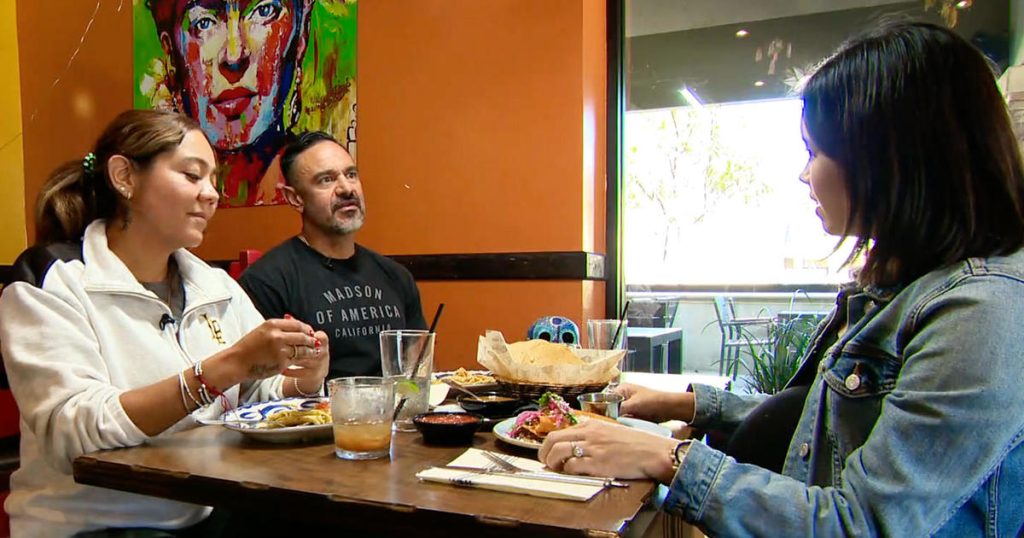In California, a traditionally Democratic state, a congressional race has emerged as a key battleground for the 2024 elections. Jo Ling Kent speaks to voters from various backgrounds to delve into the intersection of food, politics, and decision-making. This unique focus on food as a lens for understanding political preferences sheds light on the diverse perspectives and priorities of voters in the state.
One such voter, a small business owner from Los Angeles, explains how the rising cost of groceries has impacted her daily life and shaped her political views. This individual emphasizes the importance of economic policies that support small businesses and working families, highlighting the connection between personal experiences and political beliefs. The role of food as a basic necessity underscores the significance of economic issues in shaping voter preferences.
Another voter featured in the segment is a farmer from the central valley of California. This individual discusses the challenges faced by farmers in the region, such as water shortages and environmental regulations. By sharing insights into the agricultural sector, this farmer sheds light on the complex challenges that inform political decisions in rural areas. The connection between food production and policy decisions underscores the multifaceted nature of the issues at stake in the congressional race.
The segment also highlights the perspectives of voters from diverse cultural backgrounds, illustrating how food can serve as a bridge between different communities. A Chinese-American voter in San Francisco discusses the ways in which food traditions and family recipes shape her sense of identity and values. By exploring the cultural significance of food, the segment offers a nuanced understanding of how heritage and tradition influence political perspectives.
The role of food in bringing people together is further emphasized through a gathering of voters at a local diner. Here, individuals from different walks of life engage in discussions about politics and share their views on the upcoming election. This communal setting highlights the potential for food to serve as a catalyst for dialogue and exchange of ideas, fostering connections and understanding among diverse groups of people.
Overall, the segment showcases the intricacies of the congressional race in California through the lens of food and personal narratives. By exploring the connections between food, politics, and individual experiences, the segment offers a rich tapestry of perspectives that reflect the diverse fabric of the state. Through these conversations, viewers gain insight into the priorities, concerns, and values that shape voter decisions, underscoring the complexity and diversity of political landscapes in the United States.














